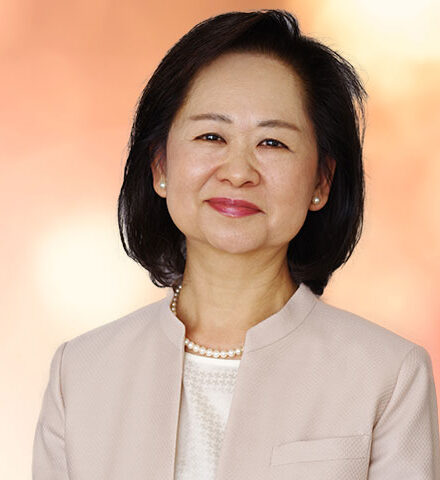In honor of International Women’s Day, let’s think about gender bias

Today (March 8) is International Women’s Day designated by the United Nations. Events are being held in many countries around the world, including Japan.
The first international agreement to confirm the principle of gender equality is said to be the United Nations Charter signed in 1945. Since then, efforts to improve the status of women have been made in various institutions of countries, including the United Nations, and this international day serves as a reminder to support women’s rights and their participation in political and economic fields.
However, even after nearly 80 years since the United Nations Charter on gender equality was issued, there are still many challenges in this area.
Every year, the Secretary-General of the United Nations issues a message on this International Day. This year, Antonio Guterres, the Secretary-General of the United Nations, emphasized the necessity of technology and innovation to promote gender equality.
I would like to share a part of his message that overlaps with my concern about AI ethics, AI governance, and unconscious bias over the past few years. The following is a quote from his message:
“Today, women represent less than one third of the workforce in science, technology, engineering and mathematics. And without women’s participation in technological innovation, their unique needs and experiences will not be taken into account from the start. We need to make sure that we eliminate the gender digital divide and ensure that women and girls are equal partners in developing the technology that shapes our future.”
The gender gap that has persisted in our society has a high potential to influence the data that exists in our society as well as our unconscious biases that interact with each other. In other words, we can say that there is a bias of gender gap in the data that exists in our society. The problem is that AI algorithms learned from such data have the potential to amplify prejudice or cause errors.
Did you know that an AI-powered hiring system developed by Amazon in 2018 had to be cancelled? This was a project that Amazon had been working on with high hopes, where they trained AI using the resumes of past applicants over a period of 10 years, with the aim of having the AI judge new applicants based on their resumes.
However, the AI hiring system had a problem where it would make judgments such as “it’s preferable to hire men for technical positions like software development!” The cause of this problem was found to be in the data that the AI had been trained on. Most of the resumes in the training data for technical positions were actually from male applicants. As a result, the AI would lower its evaluation of resumes that contained words related to “women,” even without realizing that this was happening. Fortunately, Amazon noticed this problem and stopped development of the system because it was difficult to address the root cause.
In recent years, the release of generative AI such as ChatGPT has garnered attention. We are approaching an era where “people and AI work together,” which has been talked about for a long time, and I feel that the momentum for this is accelerating.
Therefore, in this kind of era, it will be increasingly important to have eyes that can recognize gender gaps in data and eyes that can detect problems in AI trained on that data. This is because how much diversity we can foster, including increasing the representation of women in science and technology, and nurturing curiosity and flexibility in individuals to be interested in the essence of things, will become more important than ever.
If you’re interested in learning more about gender bias hidden in data, I recommend reading the following book:
“Perez, C. C., & Kanzaki, R. (2020). Invisible Women: Exposing Data Bias in a World Designed for Men. Chatto & Windus.”
To have an eye for identifying gender bias in data and AI algorithms, it is important to increase diversity, including the proportion of women in science and technology, and to cultivate in each individual a curious and flexible mind that is interested in the essence of things.
kaoru.chujo@sowinsight.com (Kaoru Chujo)








